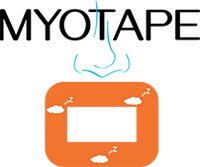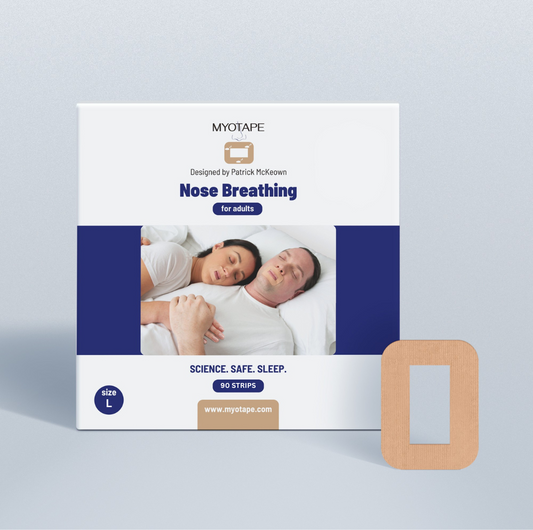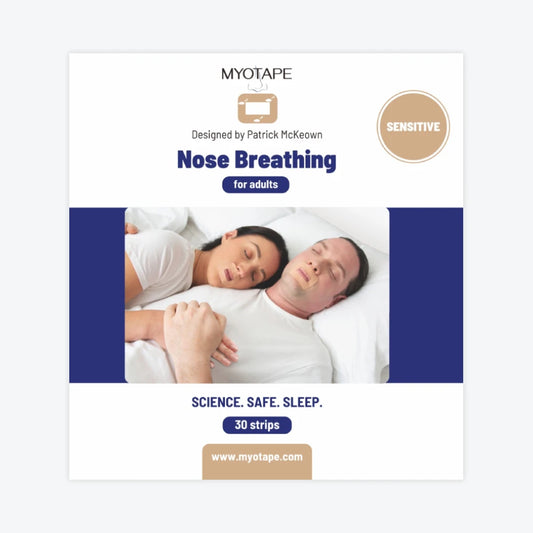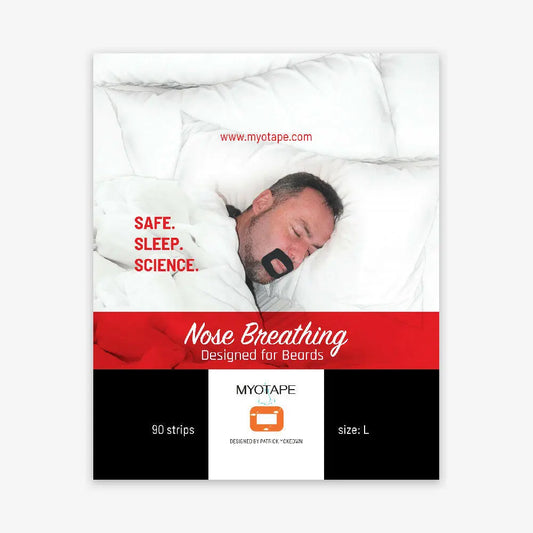As we age, the likelihood of breathing through the mouth during sleep increases significantly. A study published by Madronio et al. (2004), revealed that individuals over 40 years old are six times more likely than younger people to spend more than half of their sleep time breathing through both the mouth and nose.
This finding is concerning because older adults are already at a higher risk for sleep disorders, such as snoring and sleep apnea. Ideally, breathing during sleep should be exclusively through the nose to ensure optimal health and well-being.
The study was done to understand the patterns of breathing during sleep and their implications for sleep-disordered breathing. The research involved 41 subjects, both snorers and non-snorers, aged between 20 and 66 years.
What the Study Revealed
A significant portion of sleep time was also spent in oro-nasal breathing, where individuals breathed through both the mouth and nose.
Another crucial finding was the positive association between age and the likelihood of oro-nasal breathing. Subjects aged 40 and above were approximately six times more likely than younger individuals to spend more than 50% of their sleep time breathing through both the mouth and nose.
The increased occurrence of breathing through the mouth and nose combined in older adults is particularly concerning given their higher risk for sleep disorders like snoring and sleep apnea. These conditions can significantly impact sleep quality and overall health.
What Does This Mean for You?
The findings from this study have significant implications for understanding how aging affects breathing patterns during sleep and the associated health risks involved. Nasal breathing is essential for optimal oxygen intake, filtering and humidifying the air, and preventing sleep disorders. In contrast, mouth breathing can lead to a range of issues, including dry mouth, increased risk of respiratory infections, and exacerbation of sleep disorders.
As we get older, it becomes even more crucial to address any factors that may contribute to mouth breathing during sleep. Older adults are already at a heightened risk for sleep disorders such as snoring and sleep apnea. This is problematic because mouth breathing during sleep can exacerbate these conditions. Given these findings, it is crucial for older adults and their caregivers to take proactive measures to promote nasal breathing during sleep.
Although aging can complicate sleep disorders, you can fight back with the right techniques. Our online Buteyko Breathing Exercises course by breathing expert, Patrick McKeown empowers you to maintain nasal breathing, equipping you with the effective breathing techniques for optimal oxygen intake to the risks associated with mouth breathing.
In addition, MyoTape is a great way to invest in your wellbeing. Don’t let aging rob you of restful nights. MyoTape is an effective mouth tape that encourages nasal breathing, helps prevent the complications of mouth breathing, ensuring better sleep and overall health. Visit the MyoTape shop to find thre right product for you. We have safe mouth tapes for beards and for those with sensitive skin.
References:
Madronio MR1, Di Somma E, Stavrinou R, Kirkness JP, Goldfinch E, Wheatley JR, Amis TC. Older individuals have increased oro-nasal breathing during sleep. Eur Respir J. 2004 Jul;24(1):71-7. https://pubmed.ncbi.nlm.nih.gov/15293607/








